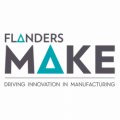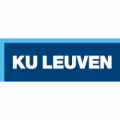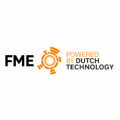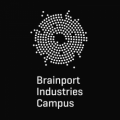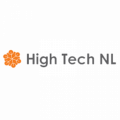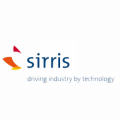FOKUS - Factory of the future
With the support of

Challenge
Flanders and the Netherlands are among Europe’s top high-tech regions. Nevertheless, the high-tech industry in this border region faces some major challenges:
- New (disruptive) technologies;
- Increasing competition from emerging economies;
- Continuously increasing consumer requirements;
- Increasing scarcity of raw materials.
So as to be able to overcome these challenges, the production chain must be reviewed. Only in this way, the current flexibility, diversity and quality can remain ensured.
Today, the industry must be able to cope with customisation, higher quality demands and shorter lead times. To achieve this, flexible and more efficient and faster production processes are needed. But also the organisations involved and the operators controlling such production systems must keep up with these evolutions.
In the border region, the sector is working hard on this inevitable transformation towards a more digital industry. For instance, we have the Transformation Agenda Industry 4.0 in Flanders and Smart Industry in the Netherlands. These two initiatives strengthen the manufacturing industry on both sides of the border through:
- A close cooperation;
- Exchanging the required knowledge and experience;
- Facilitating and supporting research.
‘Fokus' is a direct result from the summit between Flanders and the Netherlands that was held at the end of 2016. During this summit, the Innovation Ministers of the Netherlands and Flanders discussed the cooperation agenda and committed themselves to join forces in promoting the Factory of the Future.
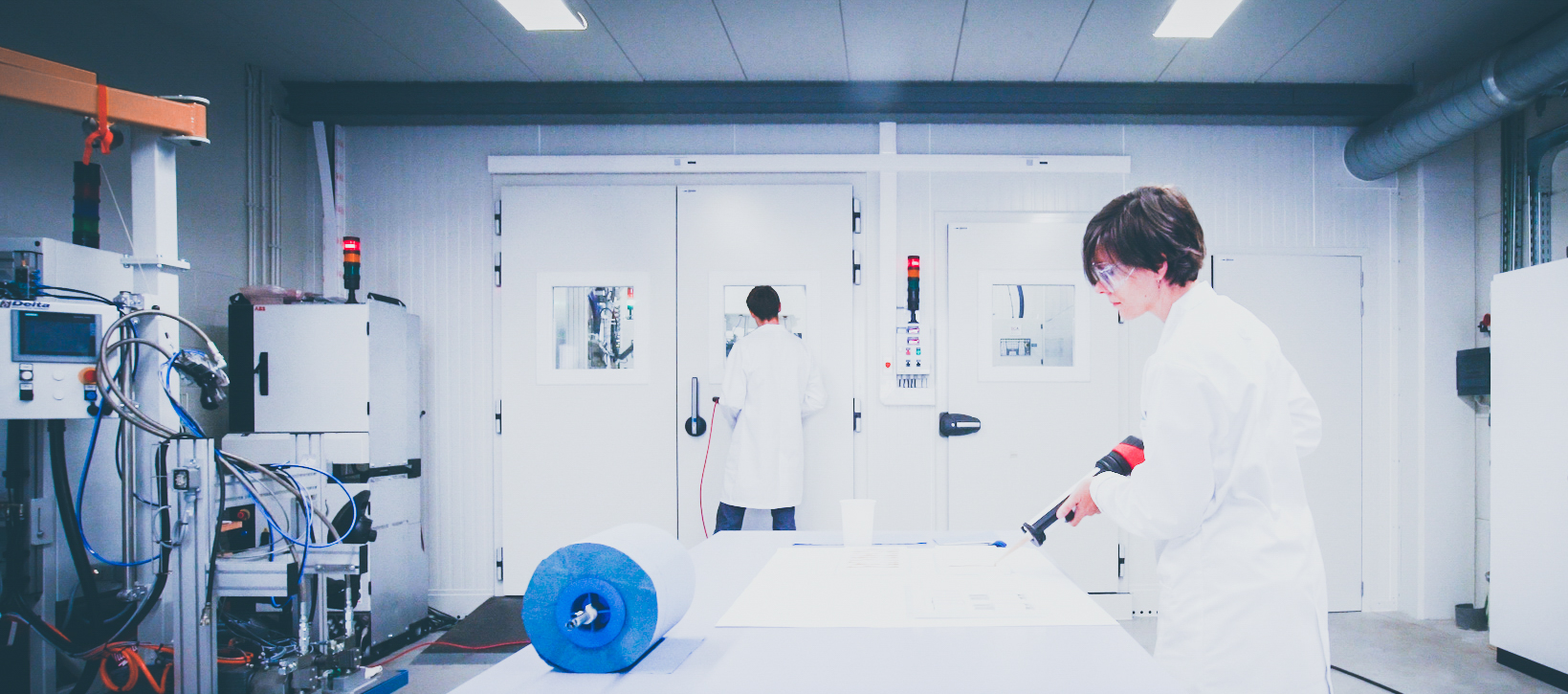
Project goals
Proactively deploying and connecting knowledge, facilities and technologies in the knowledge labs in the Netherlands and Flanders in the field of production technology with the purpose to develop and implement innovations by 200 SMEs so that they can transform into a Factory of the Future (FotF).
Within this project, Flanders and the Netherlands will work together intensively and combine their mutual knowledge. The joint knowledge lab infrastructure will be made available to SMEs, offering them a tool to overcome the challenges on their way to the Factory of the Future.
This project will focus on two technologies that play a key role in the Factory of the Future:
- Flexible operator support in the workplace using robots, cobots and augmented reality (AR);
- Connected workplace: smart integration and connection of machines in the workplace in the context of complex high-end components/products.
Research labs
In the Fokus project, the Fieldlab Flexible Manufacturing (Eindhoven), the Smart & Digital Factory Application Lab (Diepenbeek), the Lab "the ultimate factory" (Bruges), the Open Manufacturing Campus (Turnhout) and the Flanders Make Joining and Materials Lab (Lommel) will also optimise their infrastructure and step up their digitisation efforts. These field labs will develop demonstrator cases focussing on digitisation and operator support.
Companies can make use of this infrastructure to develop and implement innovations that enable them to transform into a Factory of the Future (FotF).
Selection procedure
A funnel system is applied, starting the procedure with 200 companies that had a web-based scan made to assess their status and needs in connection with the Factory of the Future. Subsequently, we will organise 150 personal detailing interviews with one of the project partners. In the next stage, 75 companies can take part in interactive workshops. Finally, 35 individual trajectories will be assigned to the different Field Labs, the output of this process resulting in a concrete and individual implementation plan. Using an access voucher, a manufacturing company can buy an innovation scan and transition trajectory worth 10,000 euro.
Economic value
The tooling that we developed for the transition scan towards the Factory of the Future and the corresponding implementation method will be made available to external parties that wish to use it. This also applies to the generated knowledge and realised interregional infrastructures. For in the period after the completion of the project we wish to help many more SMEs in becoming a Factory of the Future than we will be able to help within the actual project. In this way, the Fokus project aims to boost the competitiveness of SMEs in the border region Flanders – the Netherlands.
